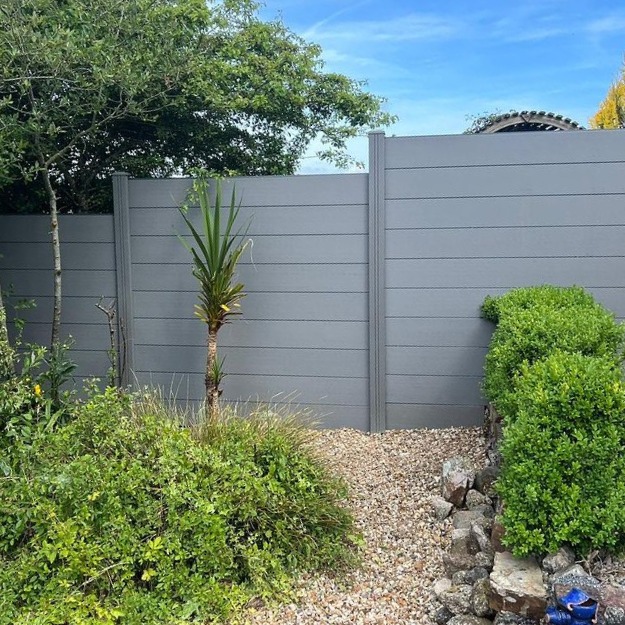All Categories
Featured

Selecting the best fence material is essential for achieving the balance of toughness, aesthetic appeals, and performance that suits your home. Timber, vinyl, and aluminum are prominent choices, each with one-of-a-kind attributes that satisfy certain demands. Here's an in-depth take a look at the advantages and downsides of these three products.
Wood Fence. Pros:. Ageless Charm: Wood offers an all-natural, traditional appearance that complements numerous architectural designs. Personalized: It can be painted or tarnished in a range of design and colors. Economical: Timber fences are typically cheaper in advance than plastic or aluminum. Eco-Friendly: As a renewable resource, wood is naturally degradable and sustainable when sourced responsibly. Disadvantages:. Maintenance-Intensive: Needs routine staining, paint, or securing to secure against weather and bugs. Much Shorter Life Expectancy: Relying on the type of timber and climate, it commonly lasts 10-15 years. Vulnerability to Damage: Prone to rotting, warping, and termite damage without proper treatment. Wood is suitable for home owners who value aesthetics and agree to invest effort and time in upkeep to extend its life.
Plastic Secure Fencing. Pros:. Long lasting: Immune to pests, rot, and weather, vinyl preserves its structure in extreme problems. Reduced Maintenance: Needs little upkeep past occasional cleansing. Lengthy Life expectancy: Vinyl can last 20-30 years without significant wear or damage. Functional Styles: Offered in different shades, textures, and styles, including choices that imitate timber. Cons:. Costly Setup: Plastic fences are a lot more pricey to set up contrasted to timber. Brittle in Winter: Plastic can fracture in severe chilly climates. Difficult to Repair work: If harmed, entire sections might need replacement, which can be testing to match. Vinyl fence is a wonderful choice for those prioritizing durability and minimal maintenance, also if it comes with a greater ahead of time cost.

Aluminum Secure Fencing. Pros:. Rust-Resistant: Aluminum does not corrosion, making it suitable for damp or moist locations. Strong however lightweight: Deals toughness without being excessively hefty, which streamlines installment. Reduced Maintenance: Requires little greater than cleaning and occasional repainting. Longevity: Light weight aluminum fences can last for years without significant damage. Stylish Styles: Typically utilized for decorative functions, aluminum adds sophistication to any kind of residential property. Cons:. High First Cost: Light weight aluminum fences are amongst the a lot more costly options. Limited Privacy: Commonly made with open rooms, they don't block views or noise. Prone to Damages: While tough, light weight aluminum can be nicked or curved with hefty impact. Light weight aluminum is finest suited for those that desire a lasting, elegant fencing and don't call for full privacy.
Making the Right Selection. Each product has its weak points and strengths:

Wood is ideal for eco-conscious buyers and standard appearances who do not mind upkeep. Plastic helps homeowners seeking a weather-resistant, low-maintenance service. Aluminum is a resilient, decorative alternative for those that want beauty and longevity. Consider your priorities-- whether it's cost, look, upkeep, or personal privacy-- and get in touch with a fencing professional to select the product that finest fulfills your requirements. A well-selected fencing will enhance your property for several years to come.
Latest Posts
Idaho’s Leading Fence Experts - Durable Ranch Fence Solutions.
Published Jan 20, 25
1 min read
Expert Chain Link Fence Services - Quality Fence Services by Idaho Fence.
Published Jan 20, 25
1 min read
Furnishings Styles Guide
Published Jan 20, 25
0 min read